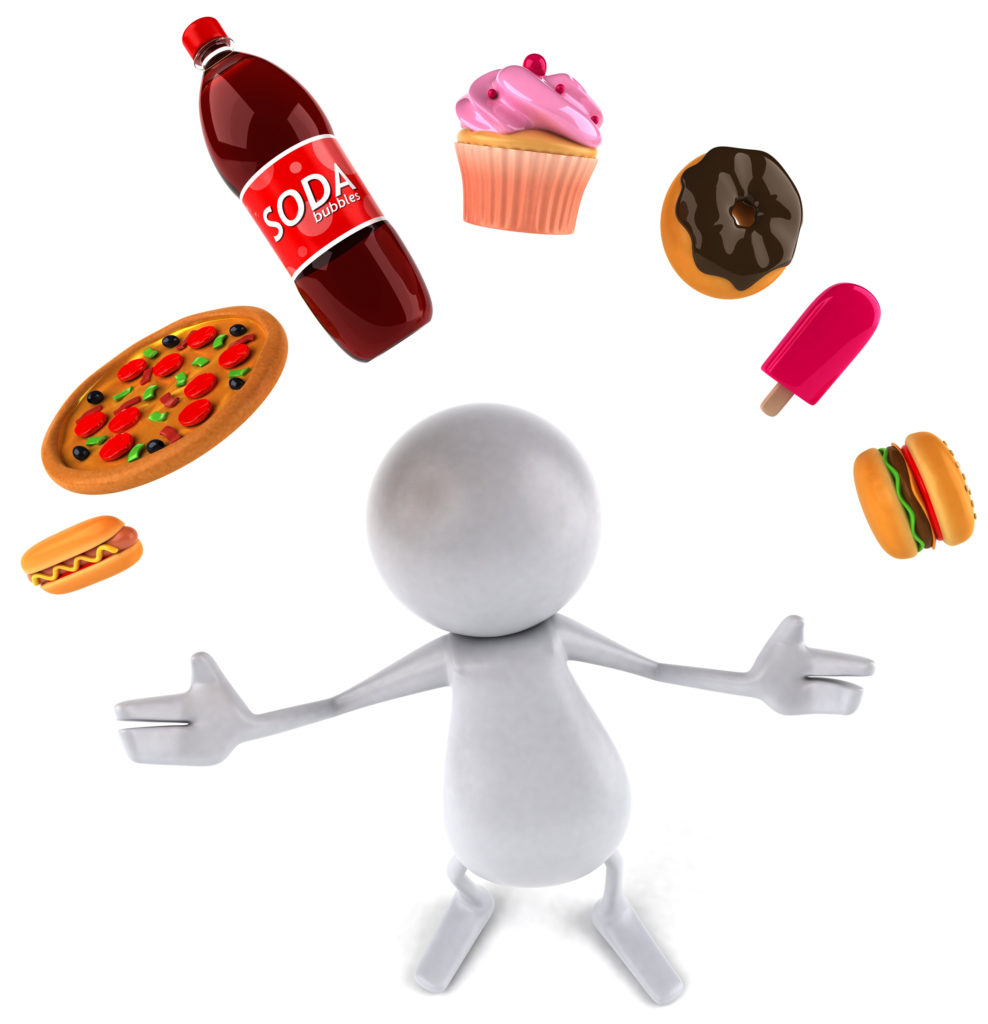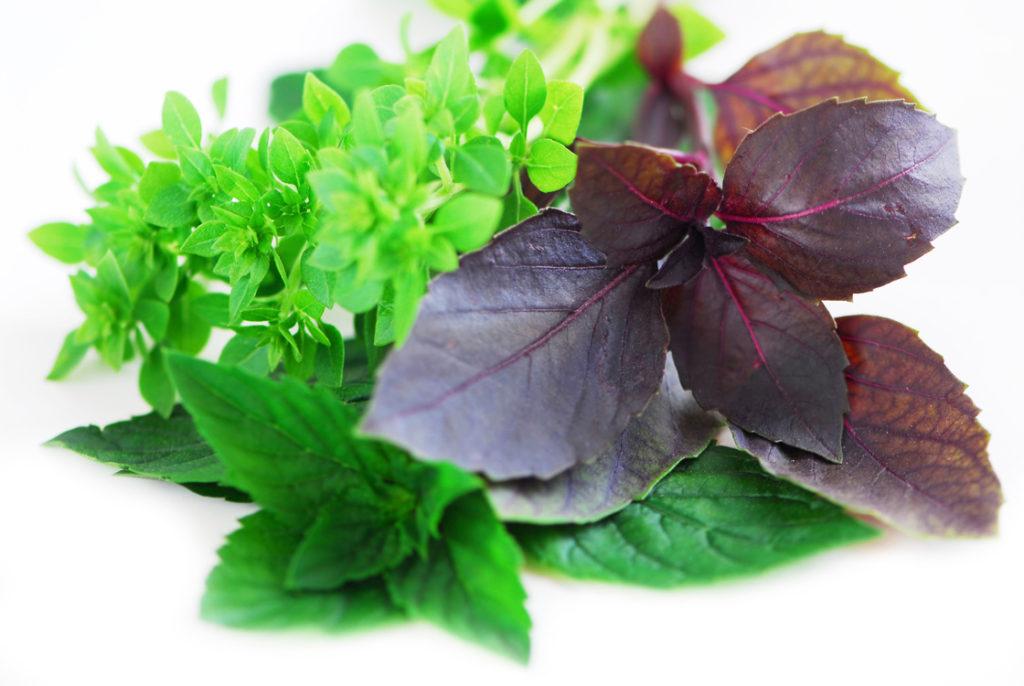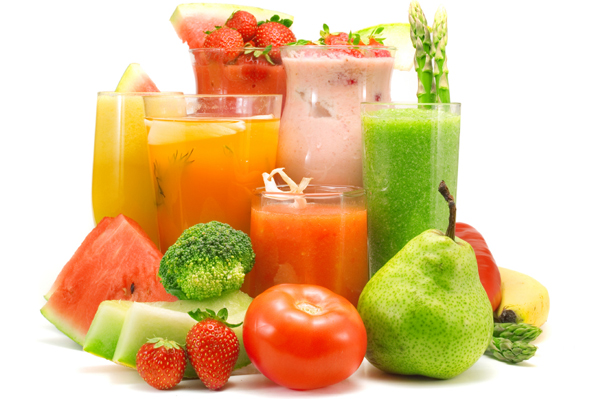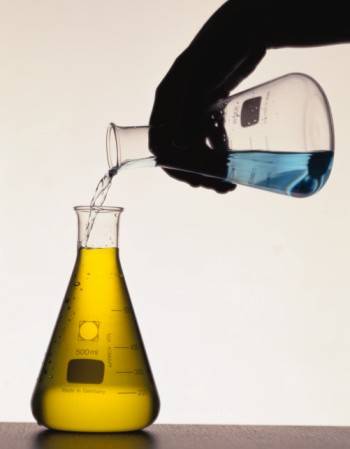Let me be clear: Detoxification is NOT an event; it’s an ongoing process.

Don’t be fooled into thinking that a one-week detox kit is going to undo years of lifestyle abuse. That will require lifestyle modifications. Yet, these kits can give you a kick-start into that new (permanent) lifestyle. If they are well-formulated—the kits can accomplish one of two things (or both):
- Use plants to stimulate kidney, liver and/or colon function. Botanicals, a.k.a. herbs, have traditionally been used to promote and activate certain organs. For example, some herbs have a bile-stimulating effect to aid fat digestion, while others are laxative to promote the elimination of wastes from the colon. However, while it is true that herbs can be useful in stimulating sluggish organs, they cannot detoxify the body on their own.

- Using essential nutrients such as vitamins, minerals and amino acids provides the organs of elimination the nourishment they need for what they are designed to do. The liver filters fat-soluble toxins out of the bloodstream and conjugates them or converts them to water-soluble ones. The kidneys filter out excess water and water-soluble wastes from our tissues and blood to prevent us from auto-intoxication. None of this can happen without adequate nutrients, and a complete collection of them, available all the time. If you’ve tried juice fasting you may have experienced a lot of side-effects. That’s because the detoxification systems aren’t getting the amino acids they need from proteins, and fruits and vegetables alone are a very low source of protein.
An adequate supply of vitamins, minerals and amino acids is required in order for your five channels of elimination to detoxify the body.

So realize that a good detox involves complete nutritional support. This means avoiding things that add to the burden on your elimination pathways, as well as eating nutrient-dense foods.
Take my quiz to find out if you could benefit from nutritional support for detoxification here.
